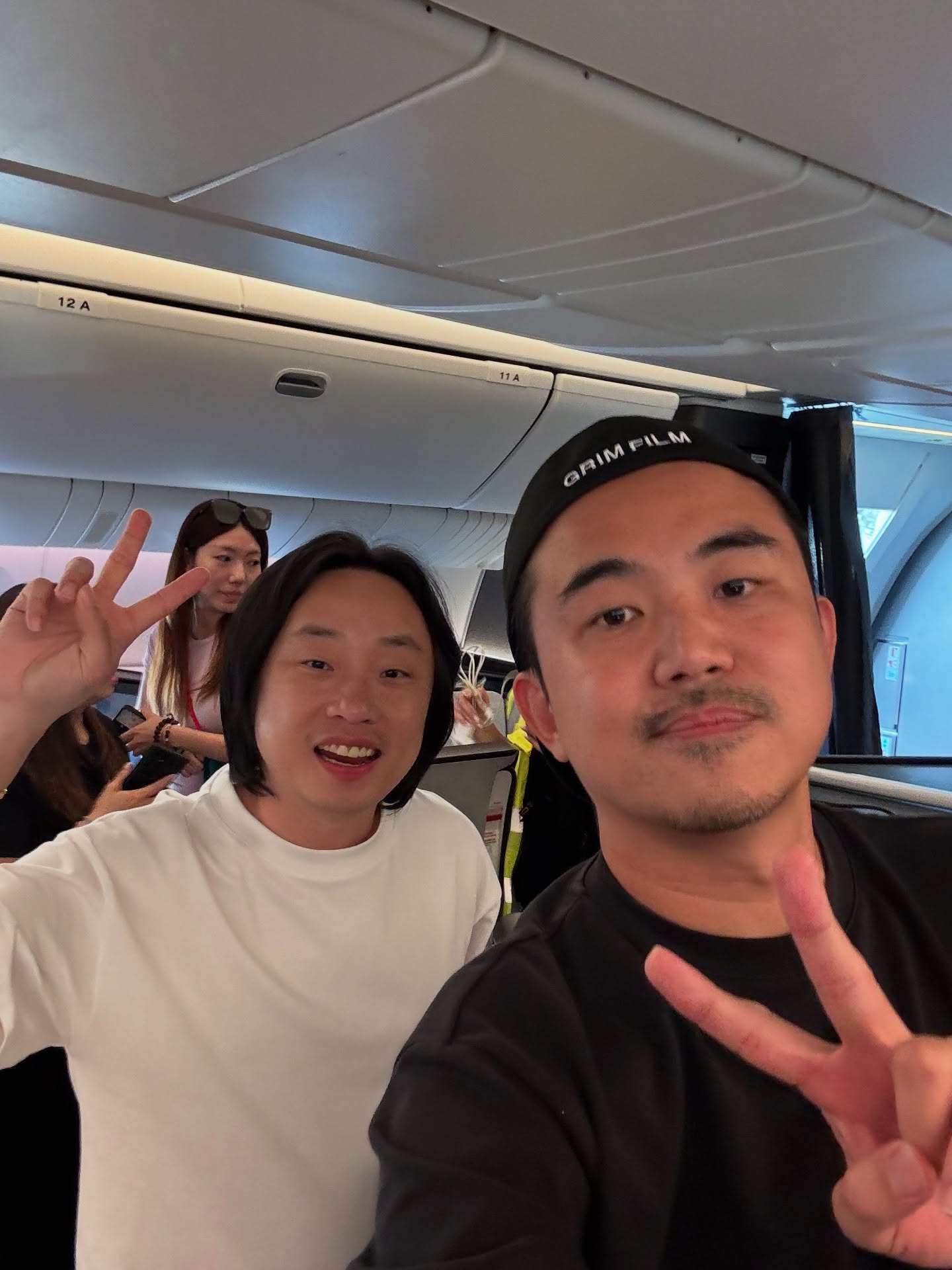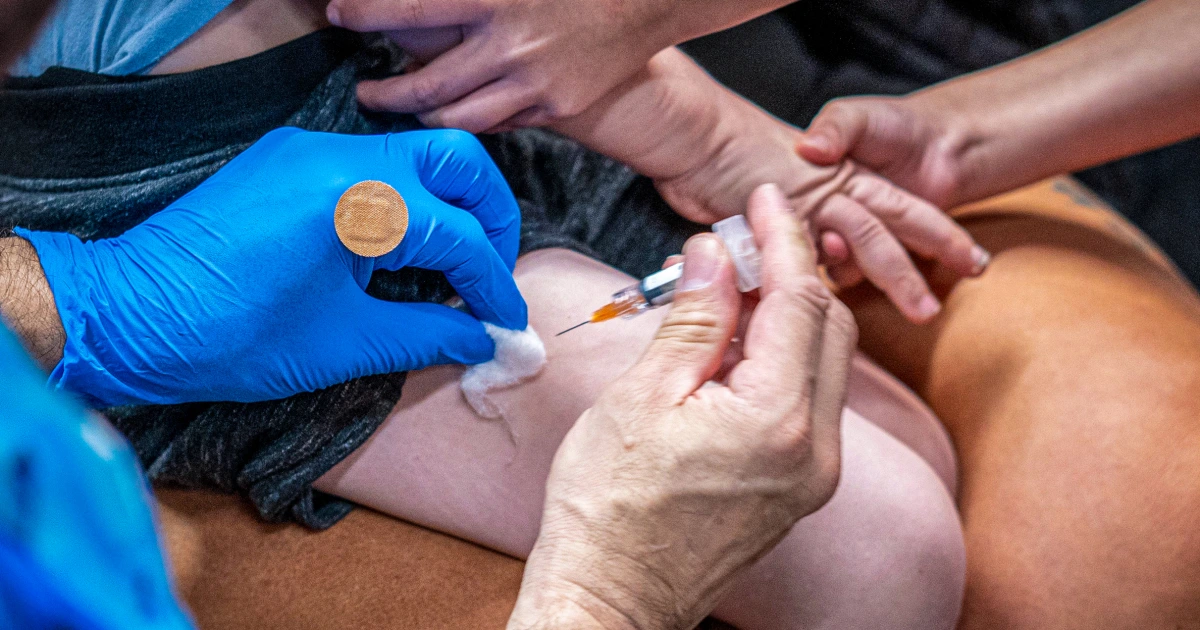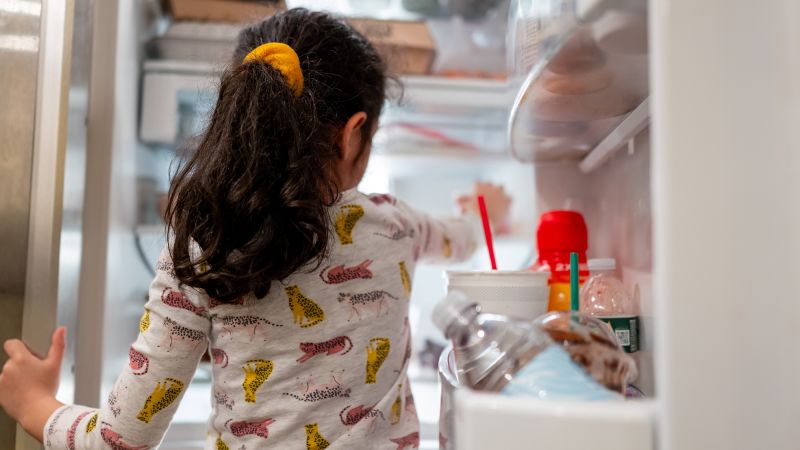By Winnie Chung
Copyright scmp

A few years ago, the idea of directing an international star like Jimmy O. Yang for a major brand would have been a career-high milestone for Jared Lee, the Malaysian film director behind Cathay Pacific’s new narratives on its in-flight dining offerings.
Today, it is simply a chapter in a much larger, more profound story of survival and realignment.
In 2018, at what seemed like the prime of his life, Lee’s world suddenly paused when he was diagnosed with testicular cancer.
In the hours that followed, Lee entered a state of grim pragmatism, his mind leaping to the dreams he might never see realised. He prepared a book of passwords and a list of financial details for his wife; he even had a final message for his parents.
“I was in that mode,” says the 40-year-old in a video call from Kuala Lumpur, Malaysia. “I remember my final thought at that time was like, I can’t watch Avengers: Endgame if I die. It would [be] leaving the story hanging after Infinity War. There was no way I couldn’t finish this saga.”
He underwent surgery the day after the diagnosis without hesitation. “I know cancer is also a time-sensitive thing, so I agreed to get admitted right away.”
Even the doctor was surprised by his decisiveness, asking if he wanted a second opinion. The speed of it all, he later reflected, may have been a blessing.
“I didn’t tell my parents because family will ask you to go and check everything else. And I think I was in a space where this thing happened to me, so I’d better just face it,” he says.
His mother, a single parent who raised him and his brother, reacted with heartbreak when Lee finally told her after the operation.
“She just basically started crying in this Italian restaurant where we were having a family dinner and kind of blacked out. She just heard the words cancer and me. It was only after she calmed down that she asked what cancer it was exactly.”
The physical toll of the surgery was only part of the battle.
“Chemotherapy kind of killed me because it just took away my creativity,” says Lee, who was running a creative agency, Grim Films, and doing advertisements. “For a good two years, I was just out of it. There was just like nothing, no magic in my head any more. So I was very depressed at that time.”
He began to consume content about filmmaking, hoping to stave off forgetting.
The health crisis brought a devastating double blow: it arrived just as he and his wife, actress Marianne Tan, were hoping to start a family. Lee found out that he had a zero sperm count, which rendered that dream impossible.
“It was tough because it happened at a time when we were trying, and that made it hurt more,” he says.
The experience rewired his understanding of time and purpose. The pre-2018 Lee was on a conventional track – a growing business, projects booked a year in advance – while the man who emerged sees the world through a different lens.
“Time has become something I’m very attached to now,” he says. “Chasing after things that I really want became very forefront, and money took a back seat.”
The return of his creativity was a slow dawn. He describes it as a moment walking through a mall when “stupid things like a flying horse and a butterfly mushroom” suddenly popped back into his head. “I knew that it was the magic slowly coming back.”
He channelled this renewed energy into stories that matter, and while his acclaimed short film The Last Seven, about a Grim Reaper, was completed just before his diagnosis, his subsequent work is deeply infused with the themes of his journey.
Horologist, a six-minute animated short film about Sand, a shopkeeper who finds a way to sell time at a heavy cost, was adapted from Lee’s comic book The Grimoire. The short won an award for best animation at the San Diego International Film Festival and it was invited to the Cannes International Film Festival in 2023.
His new-found clarity extends to his personal life. While adoption remains an option, he has made a conscious, albeit difficult, choice with his wife.
“I told Marianne that if we have a kid now, my gear would shift … if I choose to have life, then I should prioritise that versus chasing my own dream of making a movie. So I said, for now, let me be selfish and do this movie first. After The Last Seven, I made sure that each film carried something,” he says.
The new project, his first attempt at directing a full-length feature, would be “about grief, understanding grief, understanding emotions, accepting loss”.
While acknowledging it would be a very sad movie, it would also be an honest reflection of his own journey.
Many were surprised when Lee chose to share his health journey publicly on social media. The former YouTuber says he did it to help others and to share the doctor’s chilling warning.
When he was asked whether his condition was painful, and he replied that it was not, his doctor said that if it was not painful, “it means it’s cancer”.
“I was in a space where I was given a platform that people would hear me out. Knowing how conservative Malaysians are, I felt like this was something important to share,” he says.
His vulnerability had a ripple effect. Young men messaged him, and two people who watched his videos were diagnosed early and treated.
“There was a high-schooler who lived with his single mother and a sister. So he’s too afraid to tell them about his discomfort ‘down there’; he just took Panadol every time he felt something,” he says.
The experience also taught him about his own resilience. “I think being driven to achieve something helps because if you have a goal in mind, then you want to live. If your body knows you want to live, it helps with the curing process.”
Perhaps, most importantly, he learned the value of kindness. People always say that he is too nice, he says.
“But I just feel like everyone’s going through different phases in their life … you have to be kind to people because you just don’t know what they’re going through.
“It’d be so easy to be that bitter uncle shouting at you in the market every day. If I gave in to that feeling, then I would lose myself, my identity. And being a filmmaker who wants to share social issues through film, what would the film be then? You’d be very selfish. So there’s no point in people watching your film.”
Today, as he prepares for a movie shoot that starts in January 2026, Lee carries the lessons of his journey with him.
He stopped taking commercial jobs, choosing instead to focus on projects that matter. Cathay Pacific’s three vignettes mark the last advertisement that Lee will direct until his new film is done.
View this post on Instagram
A post shared by Cathay Pacific (@cathaypacific)
As he approaches the final check to see if he is cancer-free, the director who once raced the clock to film O. Yang – he filmed all three vignettes in six hours because of the actor’s tight schedule – now races a different, more personal clock, one that measures the value of an idea, the depth of a relationship and the power of a story well told.
Like what you read? Follow SCMP Lifestyle on Facebook, X and Instagram. You can also sign up for our eNewsletter here.



